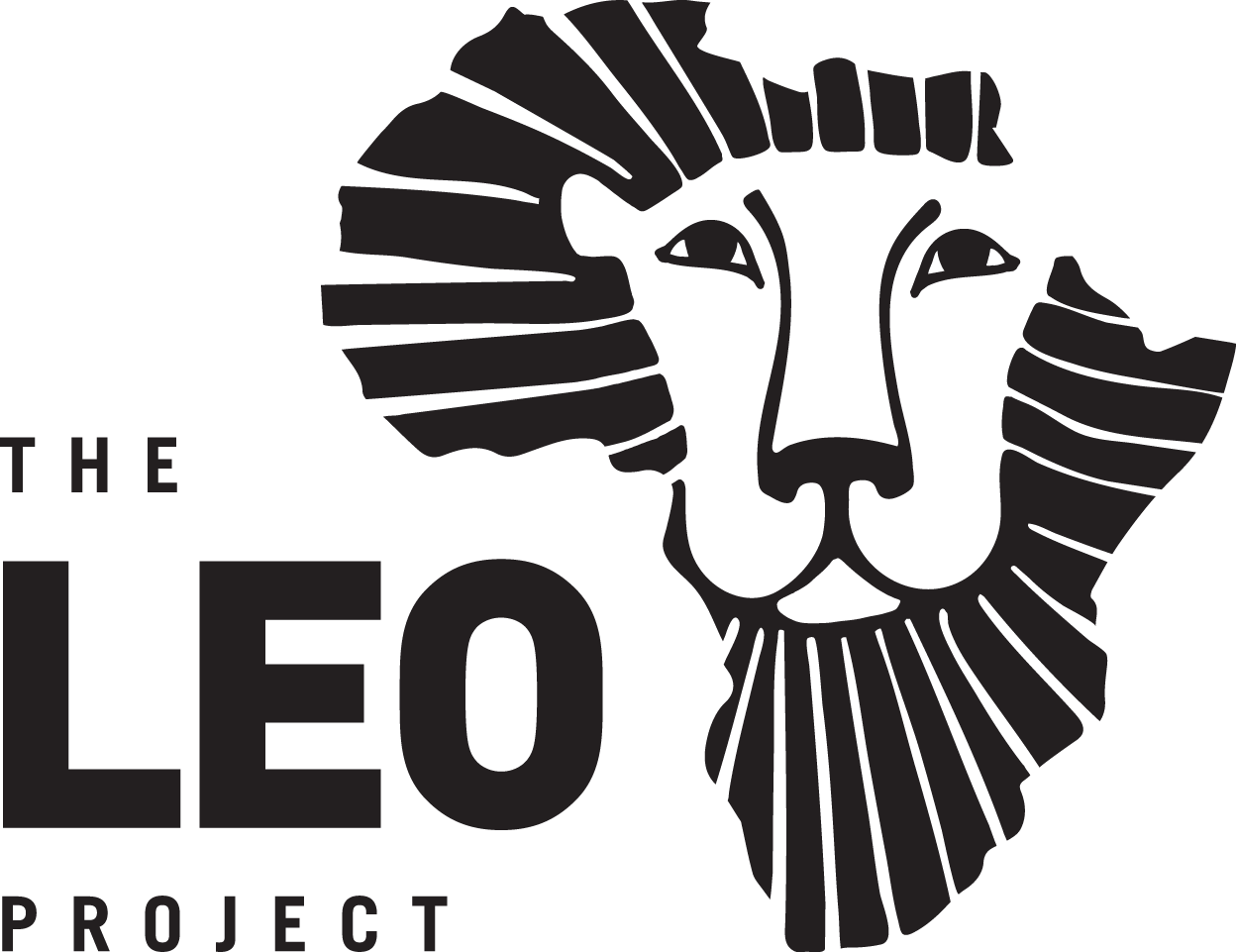MENTAL HEALTH
WHY?
Despite Kenya’s comprehensive Mental Health Policy 2015 - 2030: Towards Attaining the Highest Standard of Mental Health, and the Kenya National Commission on Human Rights’ 2023 declaration that mental health is a universal human right, the country faces a considerable shortage of mental health workers. In 2019, there were approximately 150 psychiatrists in Kenya, most based in the capital city. Outside of the capital, there is roughly 1 psychiatrist per 1 million people. Across Kenya, there are 12 neurologists, all primarily in private practice in large cities. (Lancet, 2020). It is estimated that there are approximately 1,000 psychologists in Kenya.
The WHO defines mental health as “a state of mental well-being that enables people to cope with the stresses of life, realize their abilities, learn well and work well, and contribute to their community.” The Kenyan National Commission of Human Rights estimates that 25% of outpatients and 40% of inpatients suffer from mental health conditions. (Memia, et.al. 2022) In 2017, WHO ranked Kenya the African country with the fifth highest depression cases. Despite Kenya’s comprehensive Mental Health Policy 2015 - 2030: Towards Attaining the Highest Standard of Mental Health, and the Kenya National Commission on Human Rights’ 2023 declaration that mental health is a universal human right, the country faces a considerable shortage of mental health workers.
OUR RESPONSE.
Our Mental Health work cuts across all aspects of The Leo Project - from the health clinic, to our education programming, to our community engagement and media production work streams. In this way, the value of TLP’s impact model is exemplified via our mental health program, which allows separate program teams to work together to address the full psycho-social needs of the community.
The Health Clinic is helping to fill the gap in mental health professionals, particularly outside of the capital. We employ a medical psychologist, a consultant psychiatric nurse, and a child play therapist with specialization in trauma healing for all ages. They offer one-on-one counseling with community members seeking care; and, through our monthly psychiatric clinic, the team assesses individuals in the community requiring services while monitoring community members receiving psychiatric care.
Our Education Programs incorporate mental health into our primary, secondary, and adult education programs. This work in schools is designed to help students recognize stress by its physical and mental manifestations, register stress triggers, and develop healthy techniques for recalibrating mind and body. By providing psychosocial education through the practical teachings of mindfulness, breathing techniques, and other coping mechanisms, students are empowered to take control of their mental health and well-being. Students across our education programs are learning to recognize stress by its physical and mental manifestations, register stress triggers, and develop health techniques for recalibrating mind and body. This not only benefits them individually, but also has a positive impact on their families, schools, and communities as a whole.
TLP’s Mental Health Program is aligned with the vision of Kenya’s Mental Health Policy to create “A Nation where mental health is valued and promoted, mental disorders prevented, and persons affected by mental disorders are treated without stigmatization and discrimination.” (Kenya Mental Health Policy 2015–2030).

